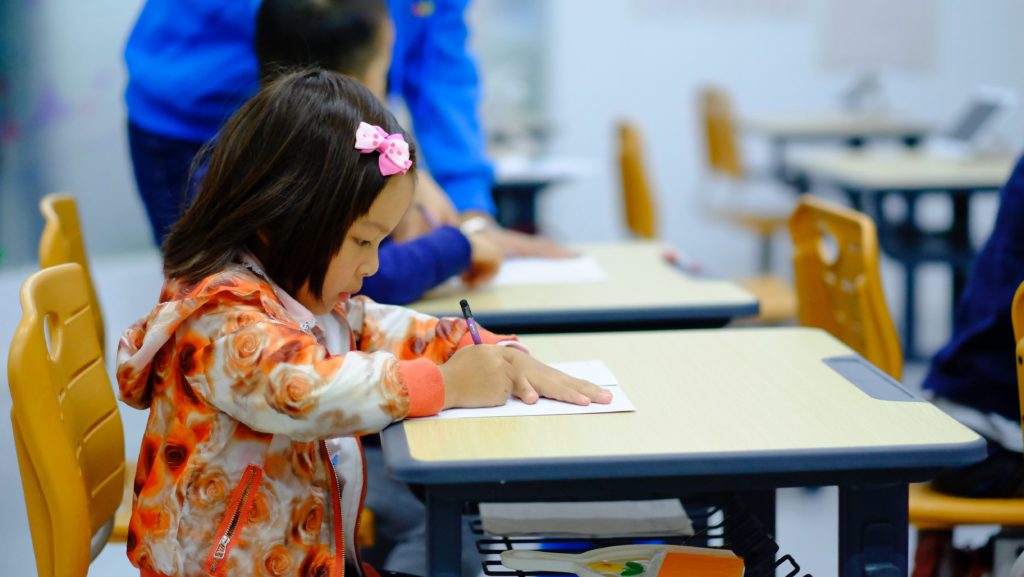In over 15 years as a parent educator, I don’t think I’ve experienced a time when such an expansive number of families were managing a level of stress like today. Parents are being asked to make decisions about their lives, their family’s well-being, and their children’s education (amongst other things), without nearly the amount of information they would like. So much feels out of our control. So how can parents, while managing their own anxiety and concerns, set their children up for a successful Fall and return (or start) to school?
Embracing a few key strategies can help make things smoother and less stressful.
Plan for alternatives
Plan for a couple of alternatives. With younger children, this planning may be unbeknownst to them. If they’ve been in school before (in-person or virtual), you can talk about seeing teachers and friends again soon (if they haven’t seen them as much over the summer). For elementary-aged children, you can talk through 2 of the things that may happen and work with your child to think about some ideas to make each “plan” successful.

Stay curious and confident
For children who are concerned that there’s no definite answer, help them shift their thinking from being fearful about what’s to come, to being curious about what’s to come. “I wonder what’s going to happen,” is quite different from saying, “I’m scared of what’s going to happen.” Remind children that as soon as “the helpers/teachers/principal/etc.” tell you the plan, you’ll make sure that they know.
Acknowledge feelings
Talk with your partner, friends, and adult family members about your concerns. (Preferably, without the children around). Give children space to express their feelings about returning to school. Rather than immediately trying to convince them “how great” things are going to be, take a moment to acknowledge that “this feels different,” or that “it feels hard.” Empathize with children by letting them know that sometimes “it feels hard for you too.” Also, remember that it’s okay to feel worried, while also thinking about what was good in the Spring and what might turn out great in the Fall. Excitement and concern can coexist.
Encourage a growth mindset
Think about a growth mindset. On the back end of validating that this feels hard, remind your child (and yourself), that “you can do hard things.” “We’ll figure this out together.” Think about ways you can make the plan work and feel comfortable. Focus in on trying different ideas and evaluating whether they were effective (once the school year has begun) or whether you need to think about some other strategies.
Be consistent and dependable
Remember that whatever happens, it may not look or be “perfect,” but you can be consistent and dependable for your child. When things don’t go our way, let’s try to reframe it as an opportunity for growth, rather than dismiss it as a failure. We might feel lots of big emotions through the process, and for sure, adapting to the changes to come will be a process…but we can get there together.
